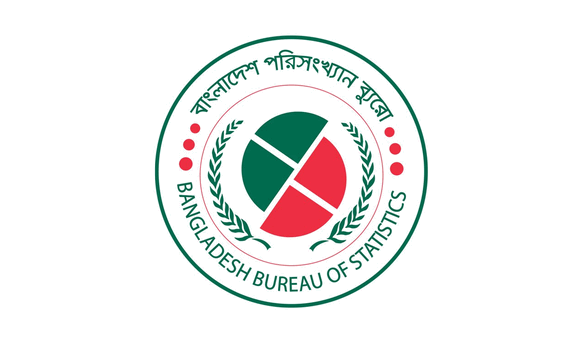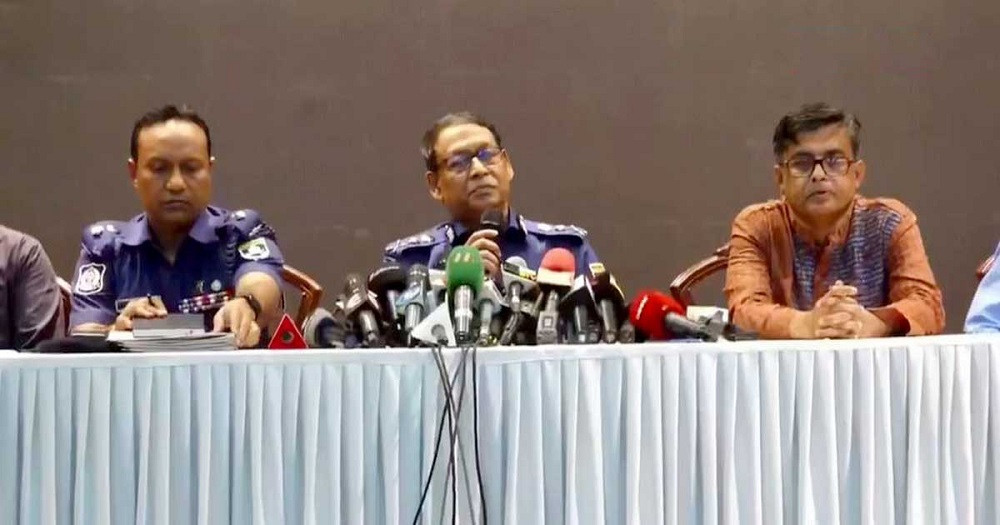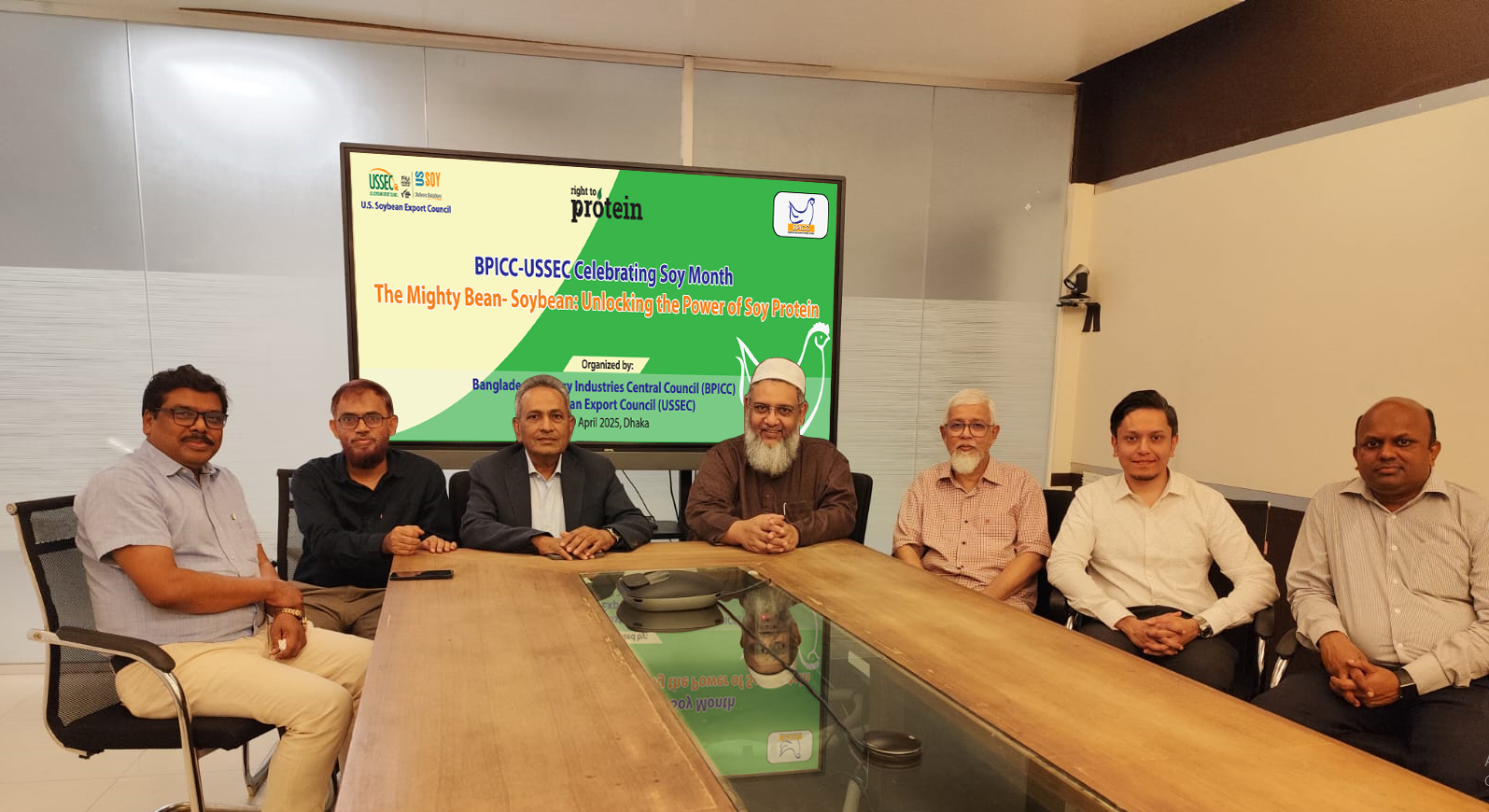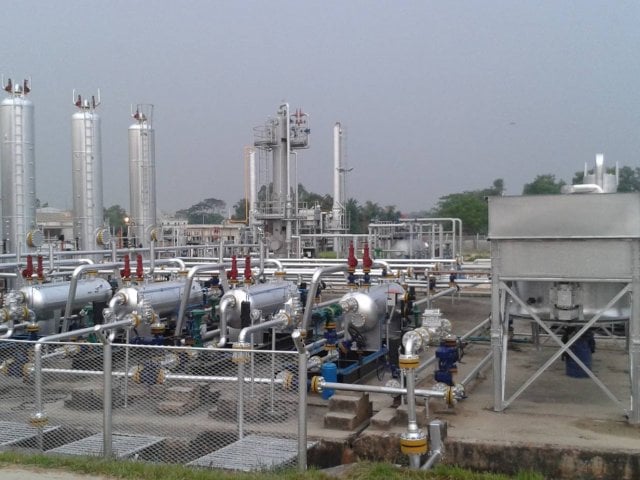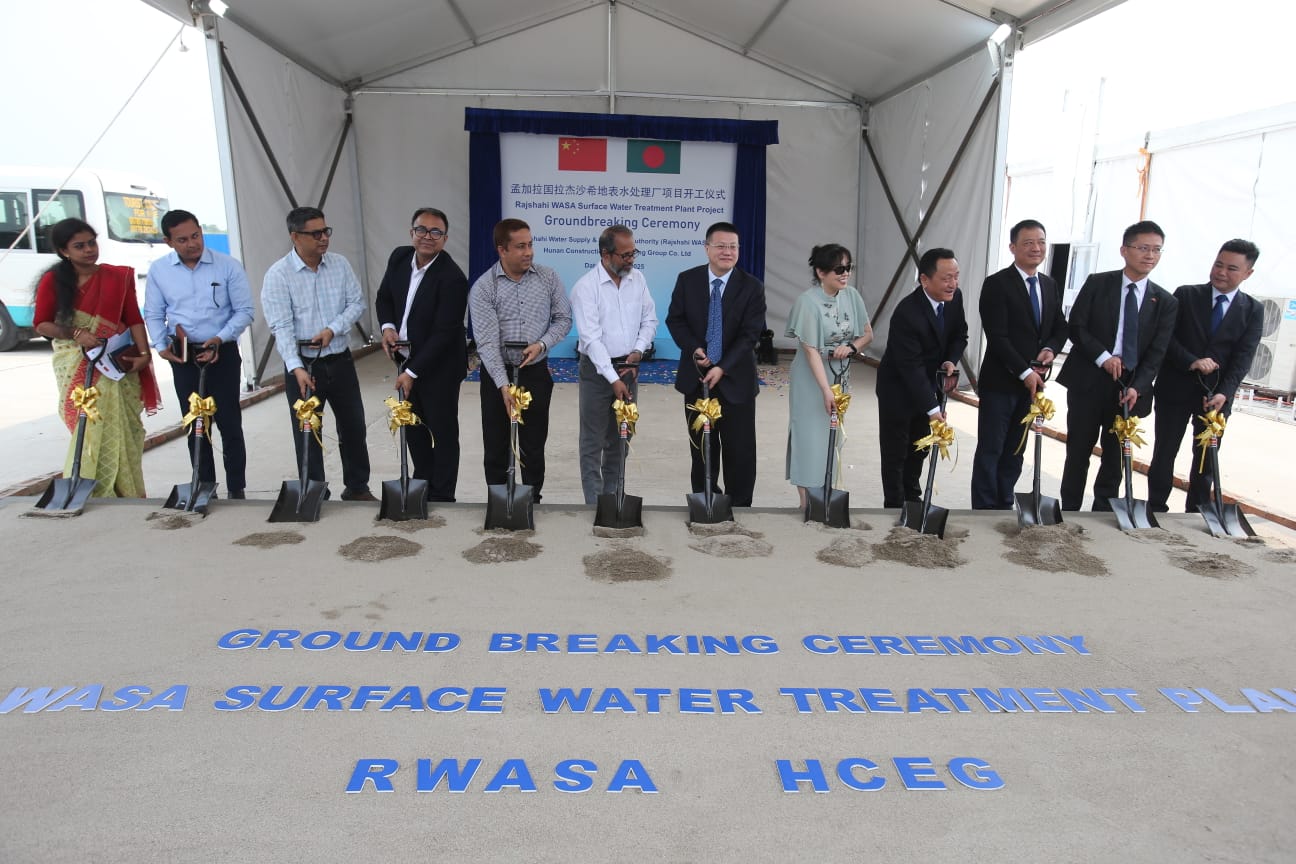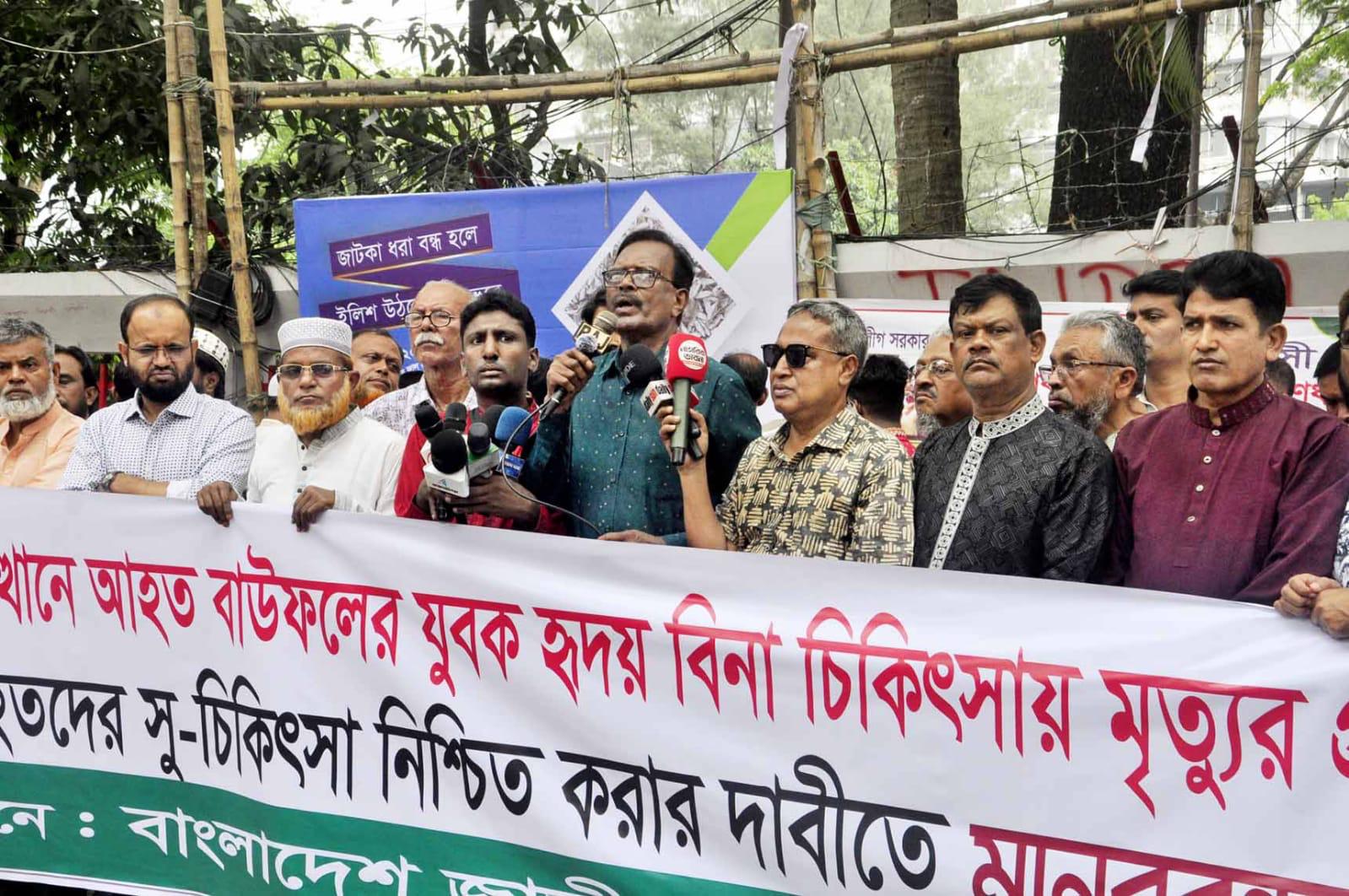
The Bangladesh National Human Rights Council has raised questions about who is responsible for the death of Ashikur Rahman Hriday, who was injured during the July Uprising and died eight months later due to a bullet wound in his head.
On Tuesday, the council organized a human chain protest in front of the National Press Club, demanding proper treatment for the injured and accountability for Hriday’s death. They also called on the government to ensure proper medical care for all other injured individuals.
During the protest, BNP Senior Leader Habibur Rahman Habib, adviser to the BNP chairperson, stated that under the direction of acting chairman Tarique Rahman, they have been supporting the martyrs and the injured from the July Uprising. He promised that if the BNP comes to power, they will officially support the families of the martyrs and the injured.
Habib criticized the government, questioning how those who pledged to honor the blood of martyrs like Abu Said and Mughdha could allow Hriday to die without proper treatment. He stressed that the state should find advanced medical care for the remaining injured, rather than delaying elections under the guise of reforms.
BNP Executive Committee Member Abu Naser Mohammad Rahmatullah also called for immediate treatment for the injured, including sending them abroad if necessary. He reminded the government that the uprising played a key role in freeing Bangladesh from autocracy and advancing democracy, and the injured should not be left to die without care.
The protest highlighted the case of Ashikur Rahman Hriday, an 18-year-old rickshaw puller from Baufal, Patuakhali, who was working in Dhaka when the uprising began. Hriday participated in the protests and was shot in the head by police on July 18 during a demonstration in the Jatrabari area. Despite initial treatment at Dhaka Medical College Hospital, one bullet remained lodged in his skull. His father sold his rickshaw and cow to afford treatment, but Hriday eventually passed away without receiving the necessary care.
The participants in the human chain demanded a compensation of 50 lakh taka for Hriday’s family and other injured individuals, along with proper medical treatment for all victims. They also called for an investigation into who was responsible for Hriday’s lack of medical care and urged the establishment of a committee to ensure justice. Furthermore, they requested that Hriday’s case be taken to an international tribunal for prosecution.
The protest was organized by the National People’s Forum and led by its chairman, Principal Maulana ASM Mostafa Kamal, with speeches from various BNP leaders, human rights activists, and others advocating for justice and accountability for the victims of the July Uprising.



